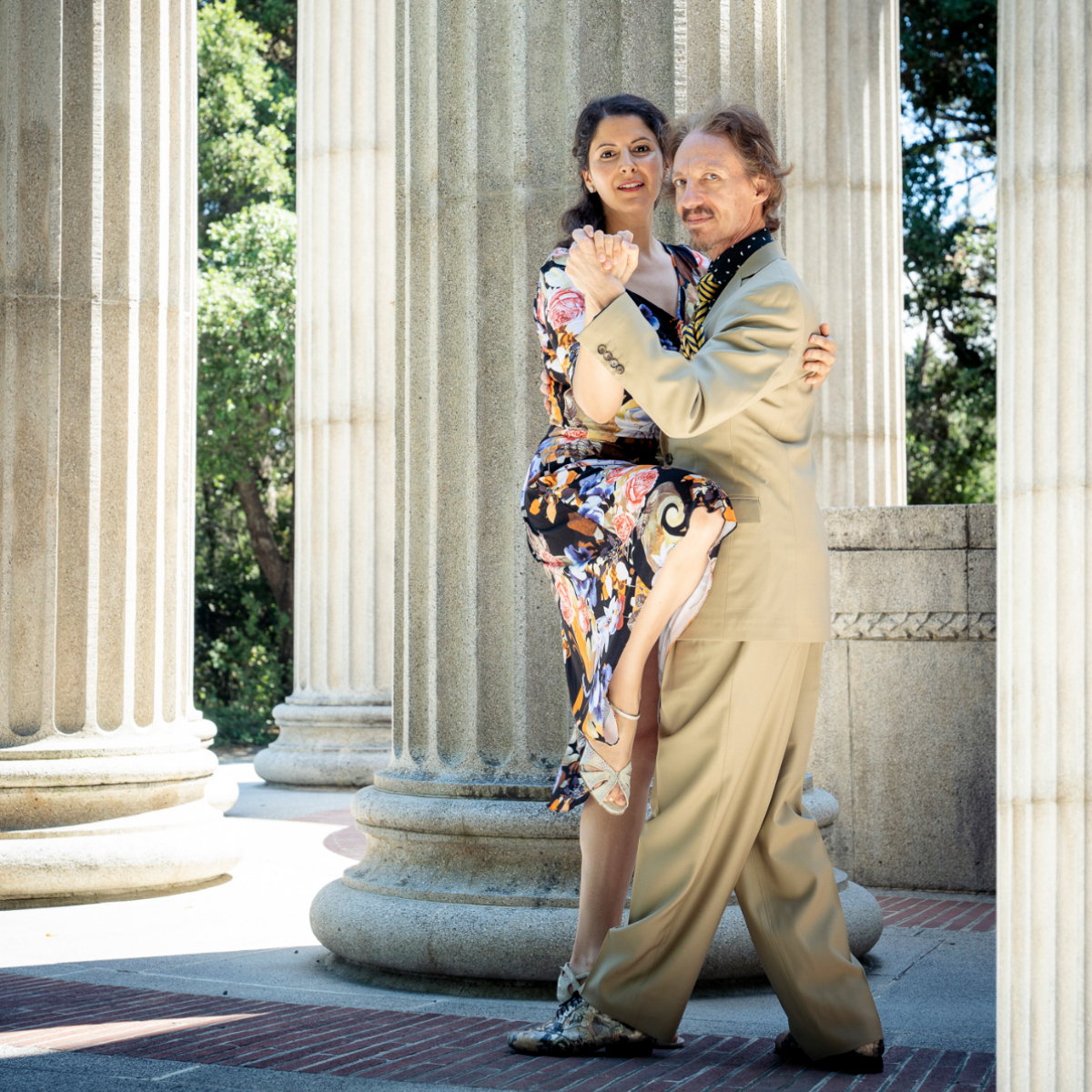
Dancing Argentine Tango: A Philosophy of Life and the Art of Being Human
To truly dance, one must live as a dancer lives.
By this, I do not mean dedicating oneself to dance as a profession. I wish to elucidate this idea through the following comparison:
If I were fond of riding a bicycle, I would require a well-crafted bicycle manufactured in a factory. It would be ready for me, with its tires inflated and its chain perfectly oiled, as soon as I hopped on and began pedaling.
The body and soul of a dancer are akin to this bicycle. Similar to how crafting a bicycle from scratch to ride it would be arduous, attempting to dance with an unconditioned, untrained, and unprepared body is equally challenging. Essentially, my body must be 'manufactured' beforehand, conditioned, trained, and primed to dance.
As I cannot dance without a dancer's body, and since I have only my body at my disposal from the moment I rise each morning, I must ensure that it is always primed for the dance floor.
While I believe anyone can dance at any time with minimal preparation because being human inherently involves being a being that dances, dancing Tango, in my view, demands much more in terms of subtleties, skills, perception, and awareness.
It is akin to philosophizing about the fundamental aspects of life, contemplating the value of life itself and the reasons for existence. In this contemplation, language may not always serve us best; sometimes, silence might be the most appropriate response.
This silence, however, is not resignation but rather a celebration. It reveals that the absence of our everyday language may not be a hindrance but rather an aid in answering the profound questions we face in our solitary moments.
As music, dance, culture, and a philosophy of life, Tango is more than the sum of its parts. It evokes excitement, love, meaning, and a sense of fulfillment we often dreamed of in our childhood. Perhaps it is not through exhaustive technical study, training, and the application of objective principles that we attain Tango. Instead, these endeavors only prepare the ground, nurturing it until it becomes fertile enough for us to become dancers truly.
What do we, as dancers, desire?
Perhaps it is to transcend the limitations of our bodies and embrace the joy of movement fully. Happiness, rather than an end in itself, could be seen as a tool for a life imbued with purpose and meaning.
Understanding our bodies and their spiritual implications through training and knowledge is crucial in this pursuit. We can then carry this wisdom into our social and intimate relationships, recognizing ourselves in others and knowing ourselves better through this mutual recognition. This is what truly makes us dancers.
This is why I believe conventional marketing, as professionals understand, cannot aid me in finding new students, encouraging more dancers to join milongas, or promoting Tango in its true essence.
For me, Tango embodies Friendship. How can one market friendship? And if it cannot be marketed, does it lose its value?
My students and I share a profound friendship rooted in our shared love for a dear friend called Argentine Tango. ❤️
More articles about Argentine Tango
https://escuelatangoba.com/marcelosolis/to-dance-to-live-like-a-dancer/
No comments:
Post a Comment